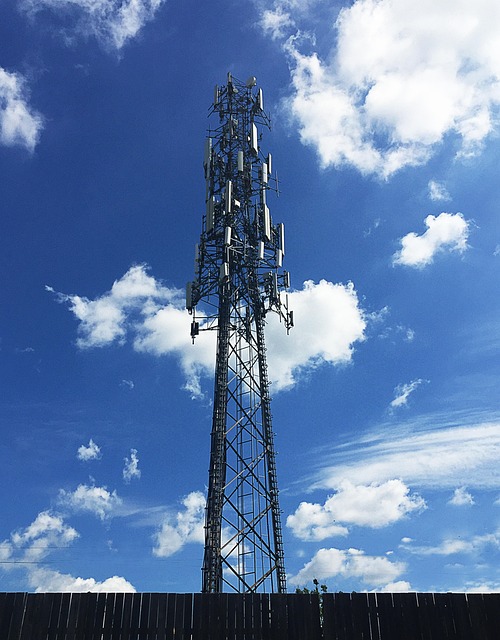Navigating Pennsylvania's strict telemarketing laws regarding autodialers requires an expert autodialer attorney to avoid hefty fines and protect consumer privacy. Compliance involves consent collection, opt-out mechanisms, and timely human interaction, with severe penalties for non-compliance, making legal counsel crucial for businesses using autodialing systems in PA.
In Pennsylvania, as across the nation, the rise of autodialers has presented unique challenges. This article delves into the intricate landscape surrounding these automated calling systems, with a focus on legal frameworks and consumer protection laws specific to Pennsylvania. We explore privacy and consent issues, compliance best practices, and regulatory updates that impact businesses. Understanding these factors is crucial for any individual or organization considering or currently employing autodialer services, especially when seeking guidance from an experienced autodialer attorney in PA.
Legal Framework for Autodialers in PA: A Comprehensive Overview

In Pennsylvania, the legal framework governing autodialers is a complex interplay of state and federal regulations. The Telephone Consumer Protection Act (TCPA) provides a foundational legal structure, prohibiting automated or prerecorded calls to cellular phones unless specifically consented to by the recipient. This federal law has been interpreted and expanded upon by state-level legislation in PA, focusing on consumer privacy and protection from unwanted telemarketing practices.
An autodialer attorney in Pennsylvania is crucial for navigating this legal landscape, as businesses utilizing automated calling systems must comply with strict guidelines. Non-compliance can lead to significant financial penalties and reputational damage. Experts in this field ensure that companies understand their rights and responsibilities, helping them implement proper procedures to minimize legal risks associated with autodialer usage.
Consumer Protection Laws: Navigating Privacy and Consent Issues

In Pennsylvania, consumer protection laws play a crucial role in regulating the use of autodialers to ensure privacy and protect against unwanted telemarketing calls. These laws are designed to give consumers control over their personal information and how it is used for marketing purposes. Navigating these regulations can be complex, especially for businesses utilizing autodialing services. An autodialer attorney in Pennsylvania can provide guidance on obtaining proper consent from consumers before placing automated calls.
Understanding the nuances of privacy laws is essential to avoid legal repercussions. Businesses must adhere to specific guidelines regarding the collection and usage of phone numbers, ensuring that consumers have opted-in and provided explicit consent. By consulting with legal experts specializing in autodialer regulations, companies can navigate this intricate landscape, fostering trust with their customers while adhering to the letter of the law.
Compliance Challenges: Do's and Don'ts for Auto Dialer Use

Using an autodialer in Pennsylvania comes with unique compliance challenges that businesses and autodialer attorneys must navigate carefully. The state has strict regulations governing telemarketing practices, including those involving auto dialers, to protect consumers from unsolicited calls. One of the primary do’s is to obtain prior express written consent from recipients before initiating automated calls. This means businesses should have clear and concise opt-out mechanisms in place, allowing individuals to easily stop receiving such calls.
Don’ts include failing to identify the caller on the recipient’s phone or using automated messages without a human interaction option within a reasonable time frame. It’s crucial to respect do-not-call requests and ensure compliance with Pennsylvania’s laws to avoid costly penalties and legal issues. An autodialer attorney in Pennsylvania can help businesses understand these regulations, implement best practices, and stay compliant to protect their operations and consumer relationships.
Regulatory Updates: Impact on Businesses and Legal Recourse

In Pennsylvania, regulatory updates pertaining to autodialers have significantly impacted businesses, particularly those in the telecommunications and marketing sectors. The state’s stringent privacy laws, such as the Telephone Consumer Protection Act (TCPA), mandate explicit consent for automated phone calls, requiring businesses to adhere to strict guidelines to avoid penalties. Non-compliance can lead to substantial legal repercussions, including class action lawsuits, making it crucial for companies to seek guidance from experienced autodialer attorneys in Pennsylvania.
These regulatory changes have compelled businesses to reevaluate their marketing strategies and systems. Engaging the services of a reputable autodialer attorney in Pennsylvania is essential for navigating these complexities. Legal experts can help businesses interpret and comply with the latest regulations, ensuring they protect consumer rights while effectively utilizing autodialer technology.






